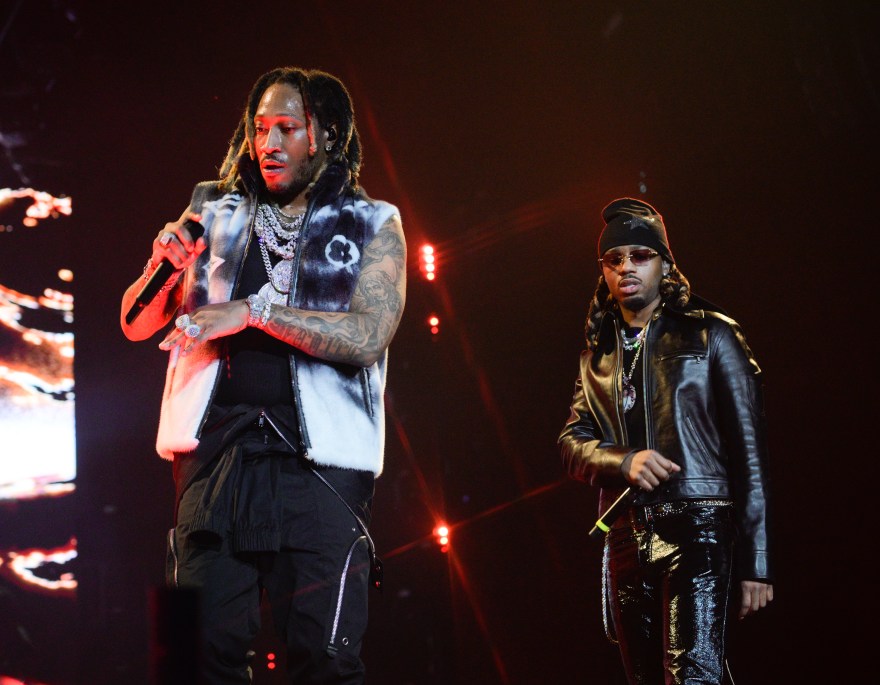Videos by According2HipHop
Future and Metro Boomin’s Like That continues to drum up a lot of traffic for America’s judiciary system.
West Coast legend Rodney O is suing the duo for using a sample from his 1988 classic Everlasting Bass without locking in the proper clearance. And he’s not holding back, saying in his suit that he’s owed royalties for the song — which also features Kendrick Lamar.
To make matters worse, Rodney says he was left off the writing credits when Like That got nominated for a Grammy.
“It is crazy because the song was big when it came out and for it to be even bigger now all these years later, it’s crazy,” Rodney told Vibe in an interview last year. “I heard the song, I knew it was good, but when it comes out and the world hears it how you hear it and react to it the way you reacted to it, that’s confirmation.
“Every song that I’ve cleared, they’ve sent it to me prior and I’ve been able to check it out,” he continued. “A lot of people used the same sample in the past. But when I heard [‘Like That’], they totally demolished it.
According to a rep for Metro Boomin, they did cut a check — $50,000 to be exact — to license the sample. The rep suggested that Rodney’s should focus his attention on the estate of Barry White, who may be holding up royalty payments through their relationship with Epic Records.
“Everlasting Bass” itself samples Barry White’s “I’m Gonna Love You Just A Little More Baby.”
Rodney Claims Metro Didn’t Play Kendrick’s Version Before It Was Released
But Rodney’s still not buying it. He also says he never received the final version of the track — the one that features Kendrick’s now-infamous verse aimed at Drake and J. Cole.
“Somebody called me the day before it came out and said, ‘Hey man, I got some news for you…I actually heard Kendrick is on that record.’
“And I was like, ‘No, Kendrick ain’t on that record because I have it,'” Rodney concluded of the chart-topping homage. “Songs now, they’ll be two minutes and 30 seconds, so when I heard it, I’m like, ‘That’s the whole song.’ So I said, ‘He might be on a remix or something like that,’ that’s what I’m thinking.”
As the lawsuit unfolds, one thing’s clear: Like That is still shaking up the culture more than a year later.























